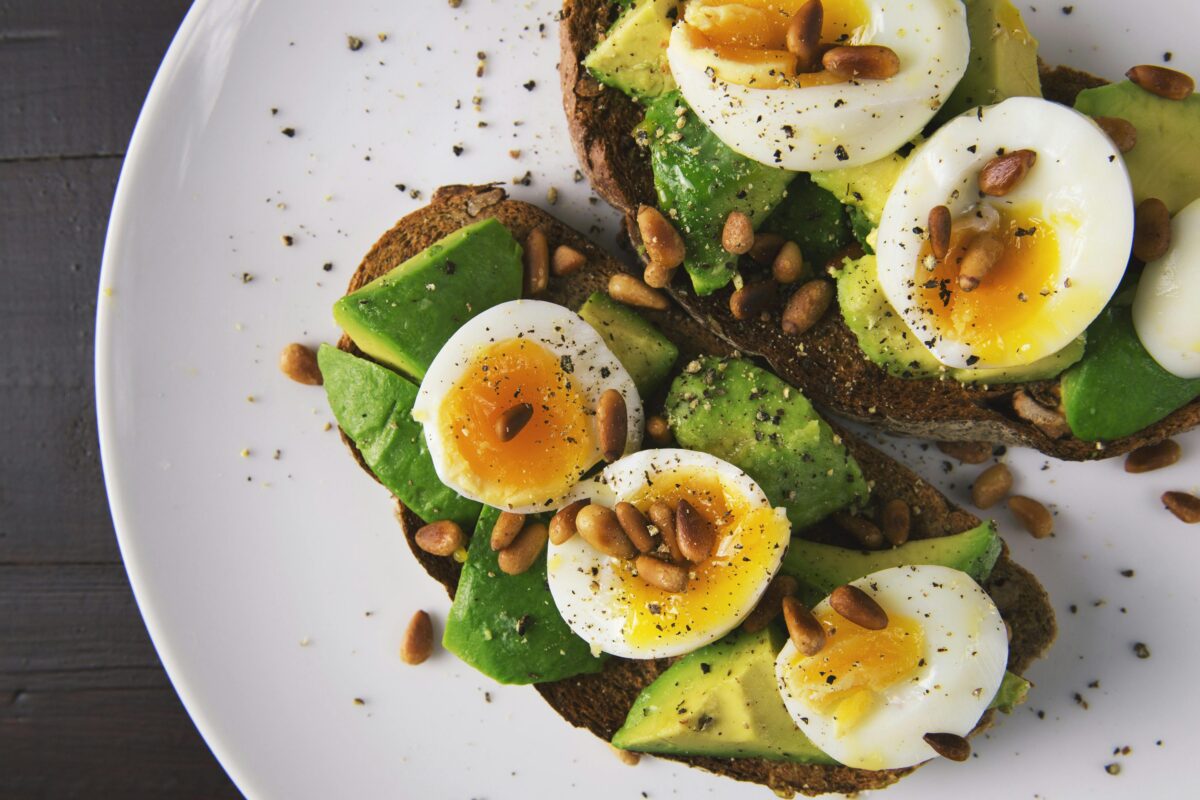Perfect hard boiled eggs are a kitchen staple that can elevate any meal, from salads to snacks. Mastering the art of making hard boiled eggs not only enhances your culinary repertoire but also ensures you have a versatile ingredient on hand. This guide will provide you with the best methods, tips, and tricks for achieving consistently perfect hard boiled eggs every time.
Why Perfect Hard Boiled Eggs Matter
Hard boiled eggs are not just easy to prepare; they are also packed with protein and can be used in a variety of dishes. Whether you’re meal prepping for the week or whipping up a quick snack, knowing how to make hard boiled eggs perfectly can save you time and frustration. The right technique ensures that your eggs have the desired texture and are easy to peel, making them a reliable go-to ingredient.
Essential Tools and Ingredients
Before diving into the cooking process, gather the following tools and ingredients for a smooth experience:
- Tools:
- Large pot with a lid
- Slotted spoon or tongs
- Ice bath container (large bowl filled with ice and water)
- Timer
- Measuring cup (for water)
- Ingredients:
- Fresh eggs (as many as desired)
- Water
- Salt (optional, for flavor and easier peeling)
Step-by-Step Guide: How to Make Perfect Hard Boiled Eggs
Follow these detailed steps to achieve perfect hard boiled eggs:
- Prepare the Eggs: Choose eggs that are at least a week old for easier peeling. Fresh eggs tend to be harder to peel.
- Place Eggs in the Pot: Arrange the eggs in a single layer in the pot. Avoid stacking them to prevent cracking.
- Add Water: Fill the pot with enough cold water to cover the eggs by about an inch.
- Bring to a Boil: Cover the pot and bring the water to a rolling boil over medium-high heat.
- Turn Off the Heat: Once boiling, turn off the heat but leave the pot on the burner. Let the eggs sit in the hot water.
- Timing is Key: Use the following timings based on your desired yolk consistency:
- Soft-boiled: 6-7 minutes
- Medium-boiled: 8-9 minutes
- Hard-boiled: 10-12 minutes
- Ice Bath: Prepare an ice bath. As soon as the timer goes off, transfer the eggs to the ice bath using a slotted spoon or tongs. This stops the cooking process and helps with peeling.
- Cool and Peel: Let the eggs sit in the ice bath for at least 5 minutes before peeling.
Timing Chart: Soft, Medium, and Hard Boiled Eggs
Understanding cooking times is essential for achieving your preferred yolk consistency. Here’s a visual timing chart for reference:
- Soft-Boiled: 6-7 minutes – runny yolk, set whites.
- Medium-Boiled: 8-9 minutes – slightly creamy yolk, firmer whites.
- Hard-Boiled: 10-12 minutes – fully cooked yolk, firm whites.
Adjusting the cooking time by a minute can significantly alter the texture, so use a timer for accuracy.
Easy Peeling Tips and Tricks
Peeled eggs can sometimes be a challenge, but these tips will help you achieve easy peel eggs:
- Use older eggs: Eggs that are at least a week old tend to peel easier.
- Crack and roll: After cooling, gently tap the egg on the counter and roll it to create cracks, making it easier to peel.
- Peel under running water: This can help loosen the shell and wash away any small bits of shell.
- Start at the wider end: The air pocket is usually at this end, making it easier to start peeling.
- Use a spoon: Slip a spoon between the shell and the egg to help separate them, especially if the shell is stubborn.
Common Mistakes and How to Avoid Them
Even seasoned cooks can make mistakes when boiling eggs. Here are common pitfalls and how to avoid them:
- Overcooking: This can lead to a greenish-gray ring around the yolk. Stick to the recommended cooking times.
- Using fresh eggs: Fresh eggs are harder to peel. Opt for eggs that are at least a week old for better results.
- Skipping the ice bath: Not cooling the eggs quickly can lead to overcooking and difficulty in peeling.
- Not covering the pot: Leaving the pot uncovered can cause water to evaporate, affecting cooking times.
Storing and Using Hard Boiled Eggs
Knowing how to store your hard boiled eggs properly can extend their shelf life and maintain quality:
- Refrigeration: Store unpeeled hard boiled eggs in their shells in the refrigerator for up to one week.
- Peeled eggs: Store in a covered container with a damp paper towel to prevent drying out; consume within 3-5 days.
- Freezing: Hard boiled eggs can be frozen, but it’s best to freeze only the yolks, as the whites can become rubbery.
Creative Serving Ideas and Recipes
Hard boiled eggs are versatile and can be incorporated into various dishes. Here are some creative serving ideas:
- Deviled Eggs: Mash the yolks with mayonnaise, mustard, and spices for a classic appetizer.
- Egg Salad: Chop hard boiled eggs and mix with mayonnaise, celery, and seasonings for a delicious sandwich filling.
- Salads: Slice or quarter hard boiled eggs to add protein and texture to salads like Caesar or Cobb.
Don’t hesitate to experiment with timings and methods to find what works best for you. Enjoy the journey of mastering this kitchen essential!
